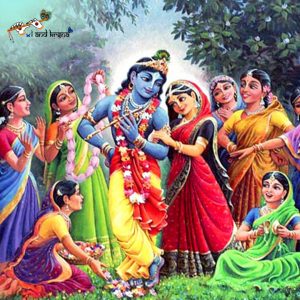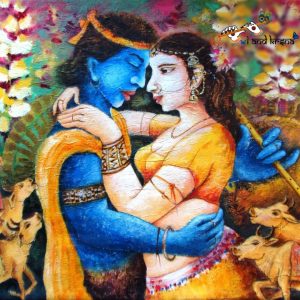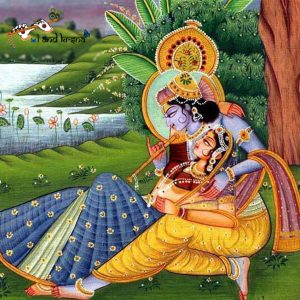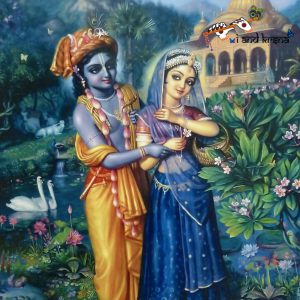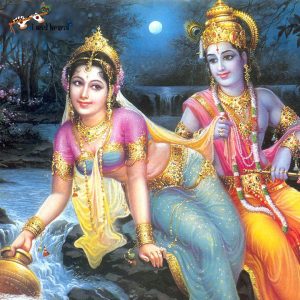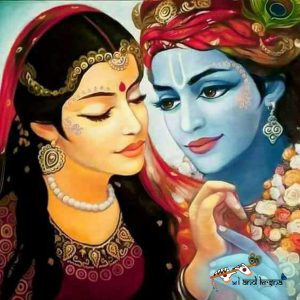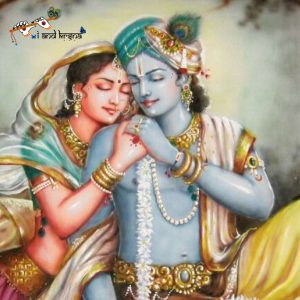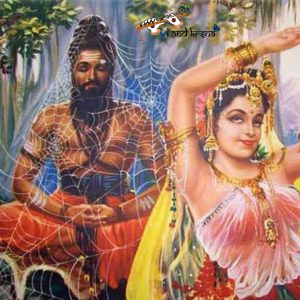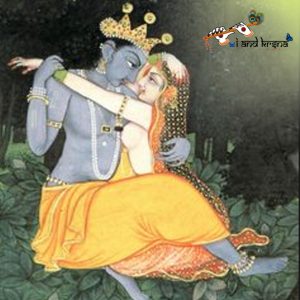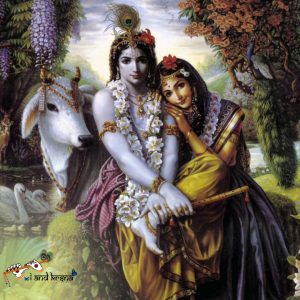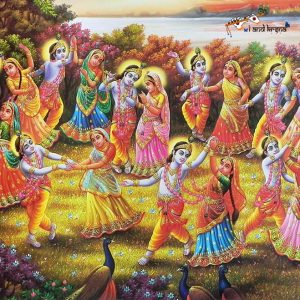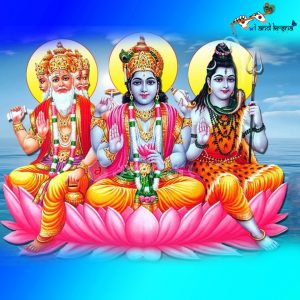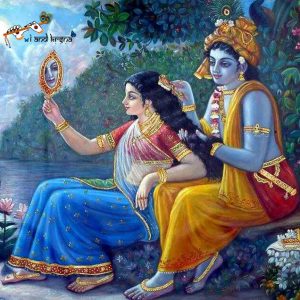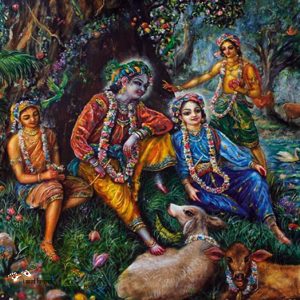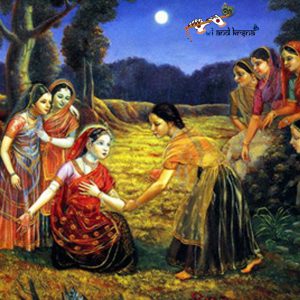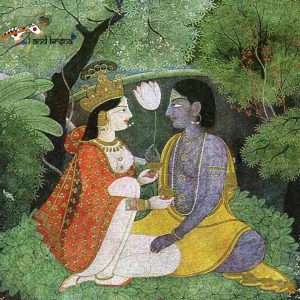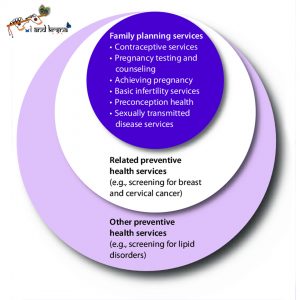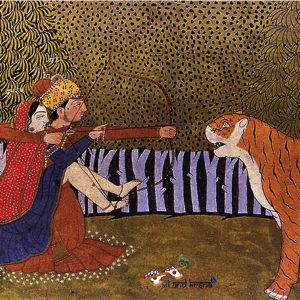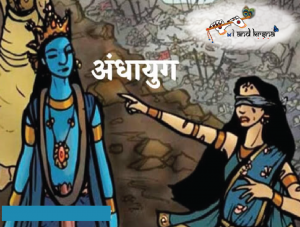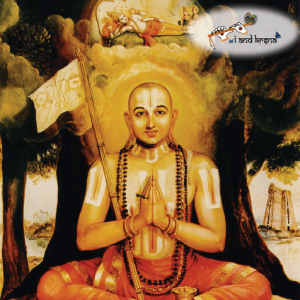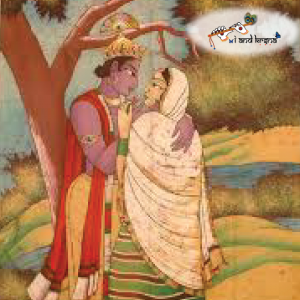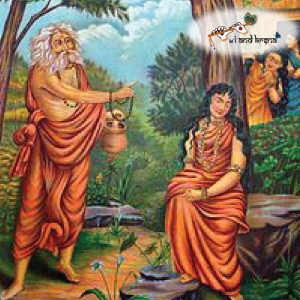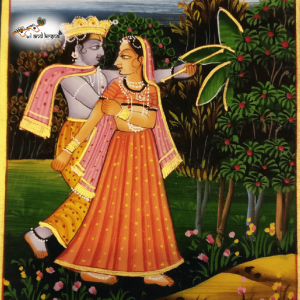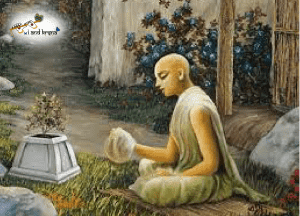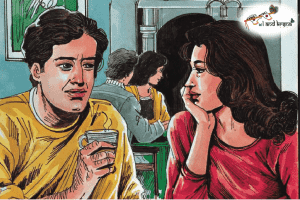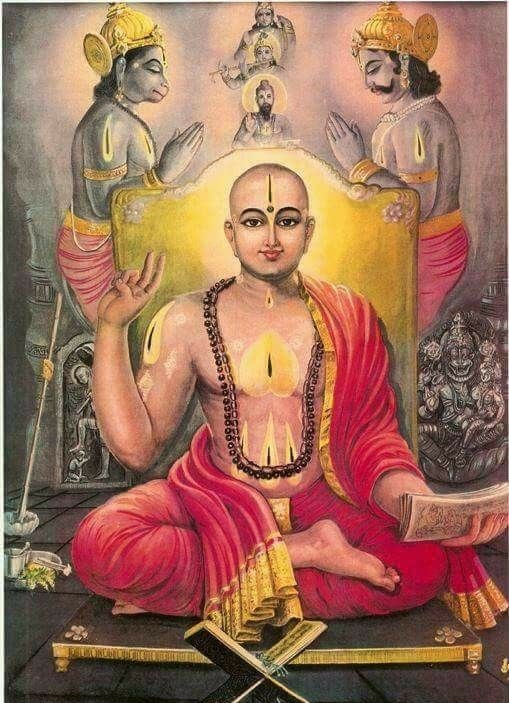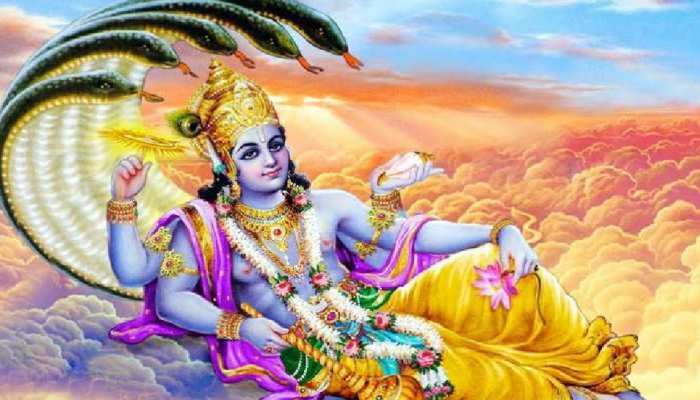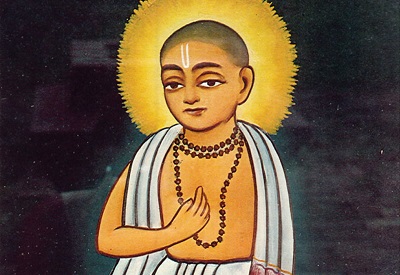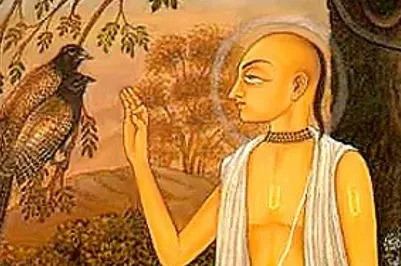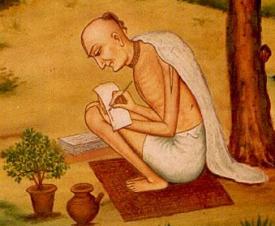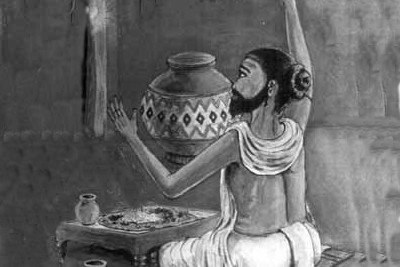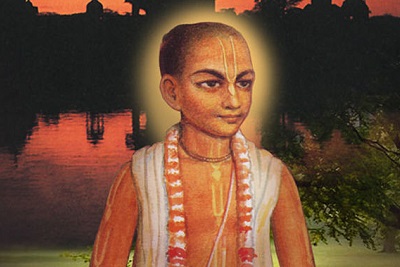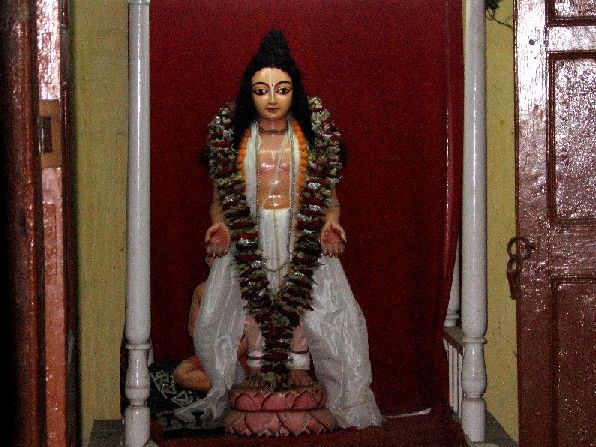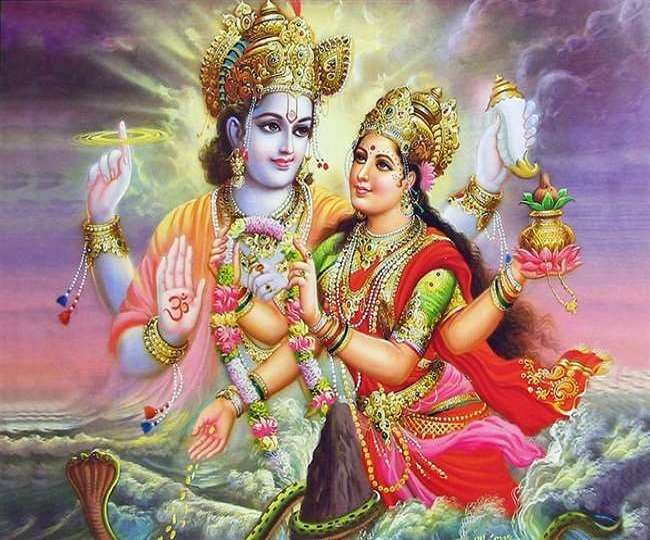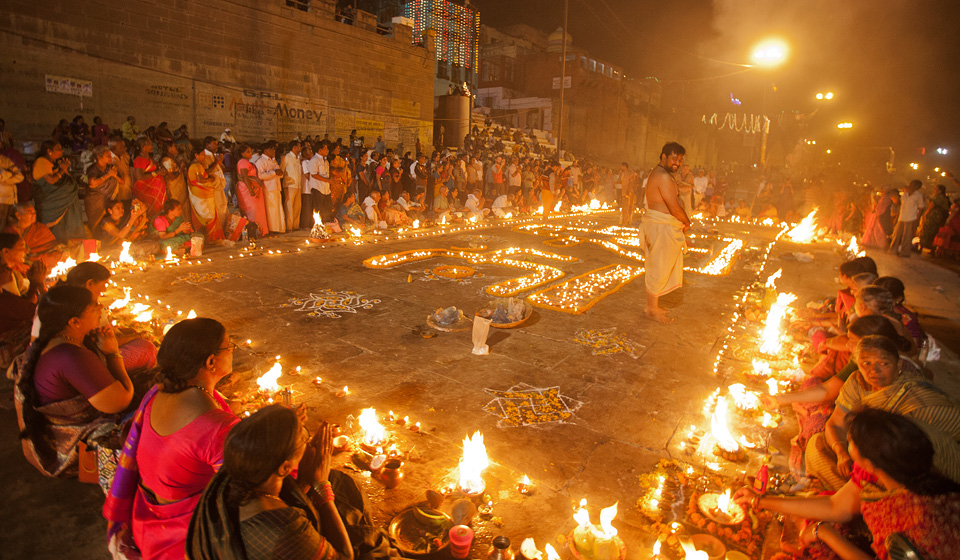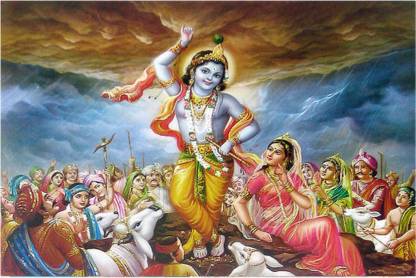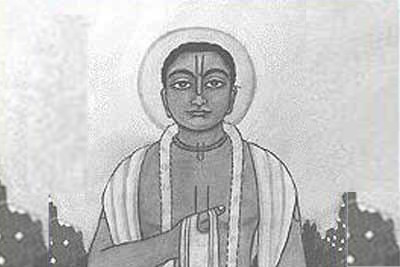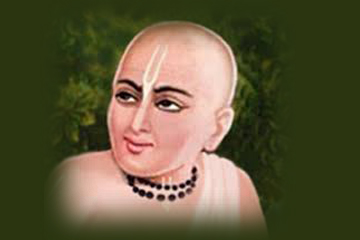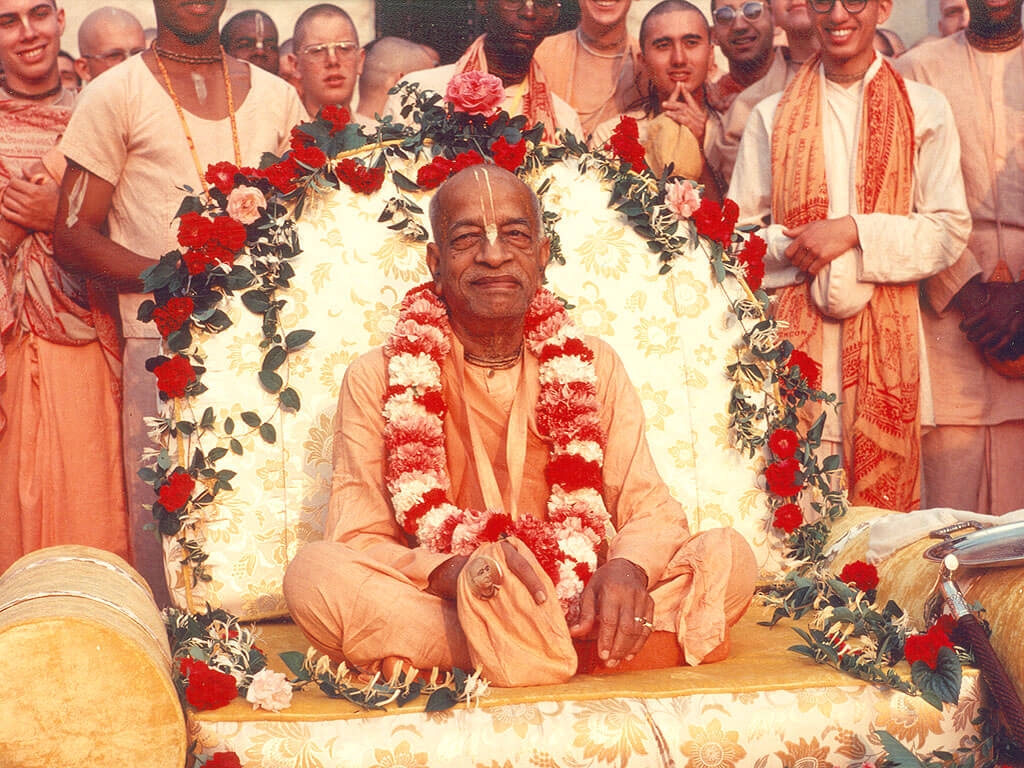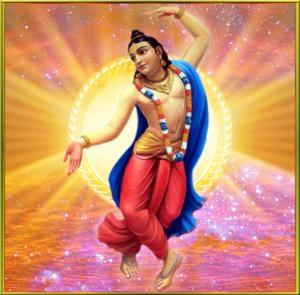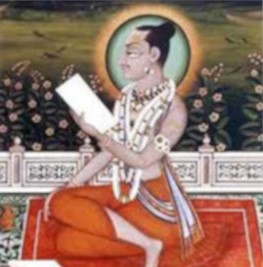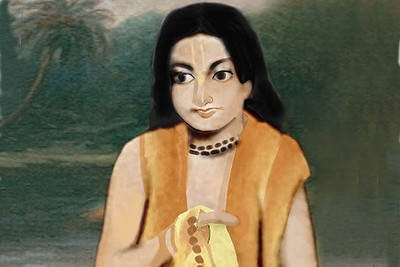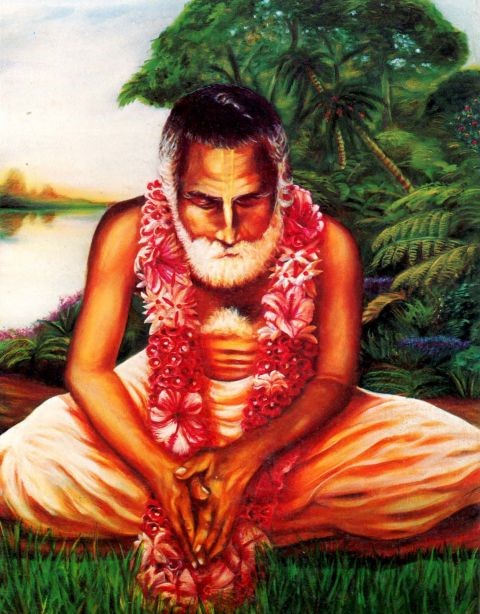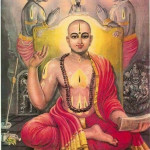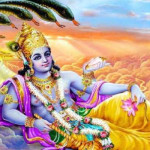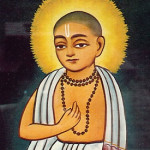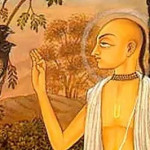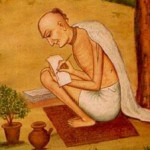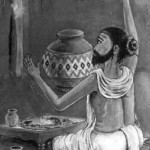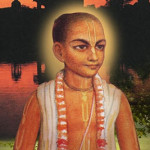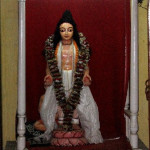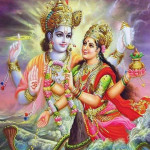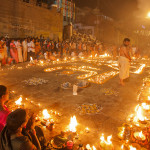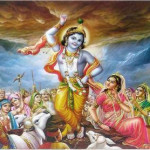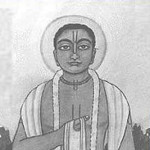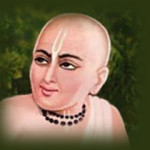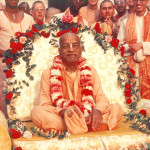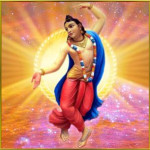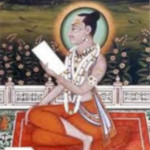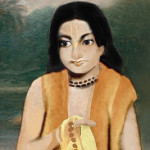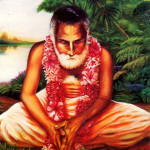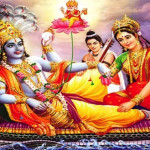The human being is a social animal and his unrestricted mixing with fair sex leads to downfall.
Balavan indriya-gramo vidvamsam api karsati (Bg. 9.19.17). It is said that the senses are so mad and strong that they can bewilder even the most sensible and learned man. Therefore it is advised that one should not indulge in living alone even with one’s mother, sister or daughter. Vidvamsam api karsati means that even the most learned also become victims of the sensuous urge. Maitreya hesitated to state this anomaly on the part of Brahma, who was sexually inclined to his own daughter, but still, he mentioned it because sometimes it so happens, and the living example is Brahma himself, although he is the primeval living being and the most learned within the whole universe. If Brahma could be a victim of the sexual urge, then what of others, who are prone to so many mundane frailties? This extraordinary immortality on the part of Brahma was heard to have occurred in some particular kalpa, but it could not have happened in the Kalpa in which Brahma heard directly from the Lord the four essential verses of Srimad-Bhagavatam because the Lord blessed Brahma, after giving him lessons on the Bhagavatam, that he would never be bewildered in any kalpa whatsoever. This indicates that before the hearing of Srimad-Bhagavatam he might have fallen a victim to such sensuality, but after hearing Srimad-Bhagavatam directly from the Lord, there was no possibility of such failures.
One should, however, take serious note of this incident. The human being is a social animal, and his unrestricted mixing with the fair sex leads to downfall. Such social freedom of man and woman, especially among the younger section, is certainly a great stumbling block on the path of spiritual progress. Material bondage is due only to sexual bondage, and therefore the unrestricted association of man and woman is surely a great impediment. Maitreya cited this example on the part of Brahma just to bring to our notice this great danger.
Source: A.C. Bhaktivedanta Swami Prabhupada (2014 edition), “Srimad Bhagavatam”, Third Canto, Chapter 12 – Text 28

